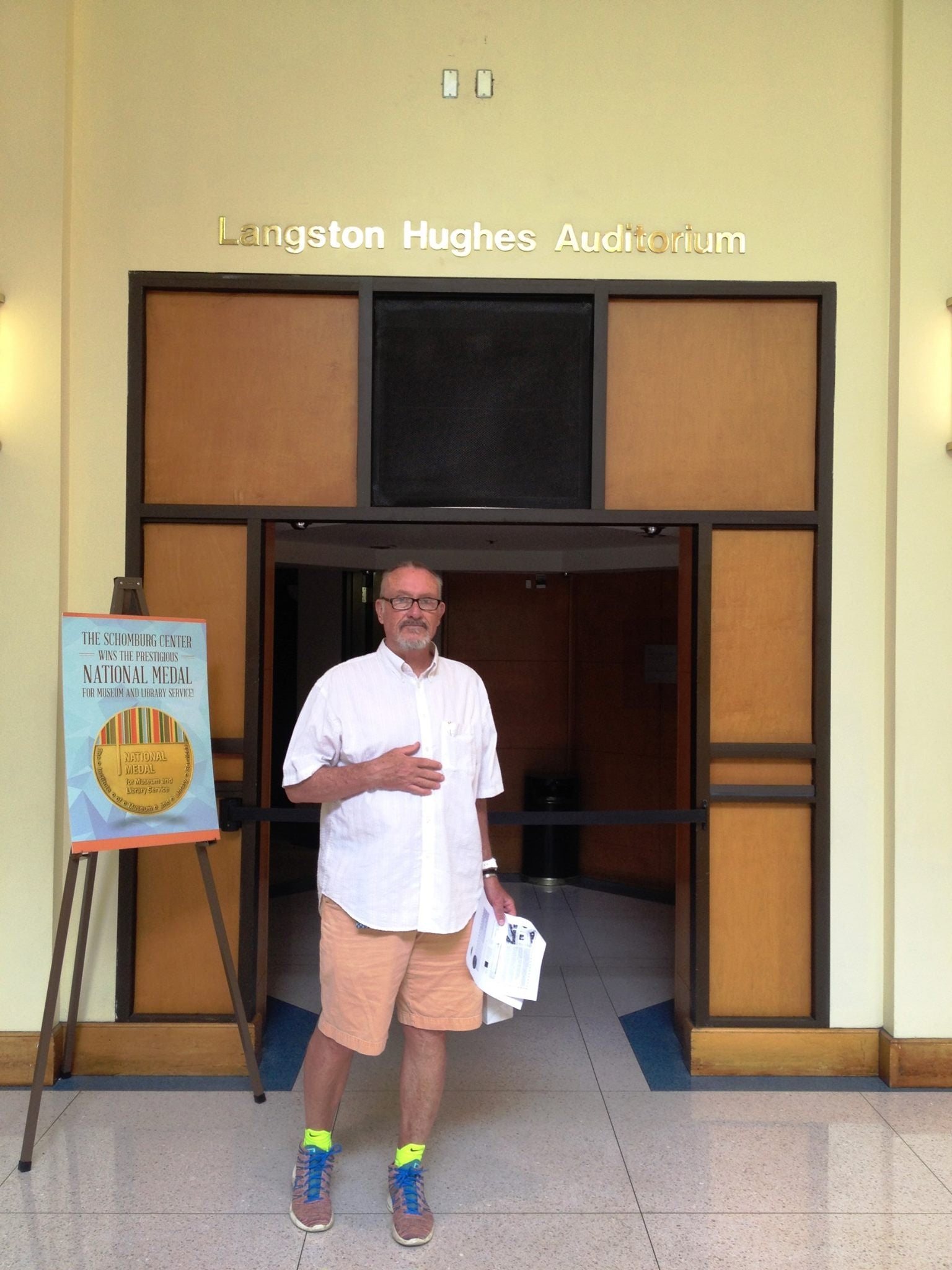Book Study: DEACON KING KONG, James McBride
“Deacon King Kong” is many things: a mystery novel, a crime novel, an urban farce, a portrait of a project community. There’s even some western in here. The novel is, in other words, a lot. Fortunately, it is also deeply felt, beautifully written and profoundly humane; McBride’s ability to inhabit his characters’ foibled, all-too-human interiority helps transform a fine book into a great one. He has written beautifully before, in his beloved memoir, “The Color of Water,” and, with terrifying irreverence, in his National Book Award-winning novel, “The Good Lord Bird.” But “Deacon King Kong” reads like he’s tapped a whole fresh seam of inspiration and verve. It’s clear that he’s having a blast, and his spirit of funning irreverence supercharges the entire narrative like home-brewed black lightning. McBride’s got jokes like Ali Wong’s got jokes. Like your colmado’s got jokes. I made the mistake of reading “Deacon King Kong” on the Tokyo subway and my nonstop chortling made me no friends.
But just because McBride is playing doesn’t mean he’s fooling around. For all the laughs, he never loses sight of the terrible longitudinal harm that African diasporic and Latine peoples have suffered in the New World. He doesn’t just pivot from the humor to the agony; he seems to deploy both modes at once, and it speaks to his talents that he does so with dexterous aplomb. McBride will be cracking wise and without missing a beat he’ll hurl a thunderbolt whose clarifying rage could light up half a borough: “the Republic of Brooklyn, where cats hollered like people, dogs ate their own feces, aunties chain-smoked and died at age 102, a kid named Spike Lee saw God, the ghosts of the departed Dodgers soaked up all possibility of new hope and penniless desperation ruled the lives of the suckers too black or too poor to leave, while in Manhattan the buses ran on time, the lights never went out, the death of a single white child in a traffic accident was a Page 1 story, while phony versions of black and Latino life ruled the Broadway roost, making white writers rich — ‘West Side Story,’ ‘Porgy & Bess,’ ‘Purlie Victorious’ — and on it went, the whole business of the white man’s reality lumping together like a giant, lopsided snowball, the Great American Myth, the Big Apple, the Big Kahuna, the City That Never Sleeps, while the blacks and Latinos who cleaned the apartments and dragged out the trash and made the music and filled the jails with sorrow slept the sleep of the invisible and functioned as local color.”
“Deacon King Kong” brings to mind the scholar Glenda Carpio’s observation that “African-American humor has been, for centuries, a humor of survival. It has been a safety valve, a mode of minimizing pain and defeat, as well as a medium capable of expressing grievance and grief in the most artful and incisive ways. It has been a way of asserting one’s humanity in the face of pulverization and mass murder.” Turns out the good Deacon got it wrong: Our tale is an American Crime Story, just not the kind that is on TV or Broadway.
Published:2020: pages 371
Dialectic Journal: 106 pages, 47,975 words
Share
Mr. Brovsky's Vault
To thine own self. be true.

Mr. Brovsky's Vault is filled with Secondary (10-12) Lesson plans for year-long and semester classes in the Humanities.


